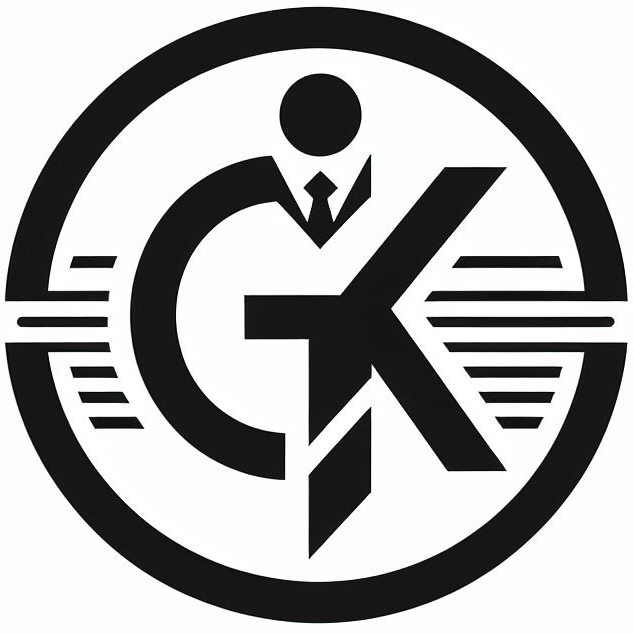I leet coded for 6 months in preparation to find a role in Switzerland. Then Amazon UK reached out, I decided to test learnings, passed interviews, and got offer. I wondered should I take the offer or pursue Switzerland.
I liked my job in Aveva, but felt underpaid so searched for new role. I found perfect responsibilities wise position in Siemens, but £5k short on target. Aveva matched offer. I wondered should I stay or move.
I handed my leave notice in Amazon, but 1 week before end of contract I got sold on TAM. I wondered should I stay in Amazon and try internal transfer or leave.
I wanted to pursue speaker opportunities. Pitched to my manager a customer facing talk on how Amazon enables engineering teams to own their solutions end-to-end. But didn’t get steady yes or no. I wondered should I try to pursue other speaker engagements or drop effort.
In the examples one option came in naturally where the alternative had complications. Repetition in outcome revealed a pattern where the natural option turned out to satisfy needs.
In Amazon UK vs Switzerland I looked for a sign Amazon is good choice and pressed for higher salary than offered. And got it. Went with Amazon.
In Aveva vs Siemens I requested higher retention offer from Aveva. Though unrealistically high. And was rejected. Where Siemens even matched my compensation target. Went with Siemens.
In switch to TAM vs leave Amazon I looked for signals it’s OK to stay. Asked 3 manager levels up the chain for blessings to attempt transfer. Even though approval is not needed process wise. All gave green light and interviews went effortlessly. I stayed as TAM.
On pursuing speaker opportunities I converged it’s not the right time and dropped the effort. Multiple asks without clear answer told me enough. I don’t feel regret as desire disappeared.
The validations always pointed towards the option which occurred naturally. Acknowledgement of the pattern reduced my emotional commitment to dilemmas. I’m now settled in advance the right thing will happen easily. And probe for yes/no signals before making a decision.
The mindset helps with customer issues as well. Now I get irritated less when there’s ask to resolve a problem, but regardless of my hard attempts progress is not happening. I take it as a destiny call the solution is not right for the customer. Or time is not right. Or else.
It’s worth to note the patterns in our life and to anticipate their repetition in future. Analogy in my mind are enchantments in video games. A permanent blessing or curse, applied to a hero.
“Decisive: How to Make Better Decisions” is great at showcasing our blind areas. The whether or not examples I’ve provided are explicitly called out as narrow framing, and explained how to avoid.
